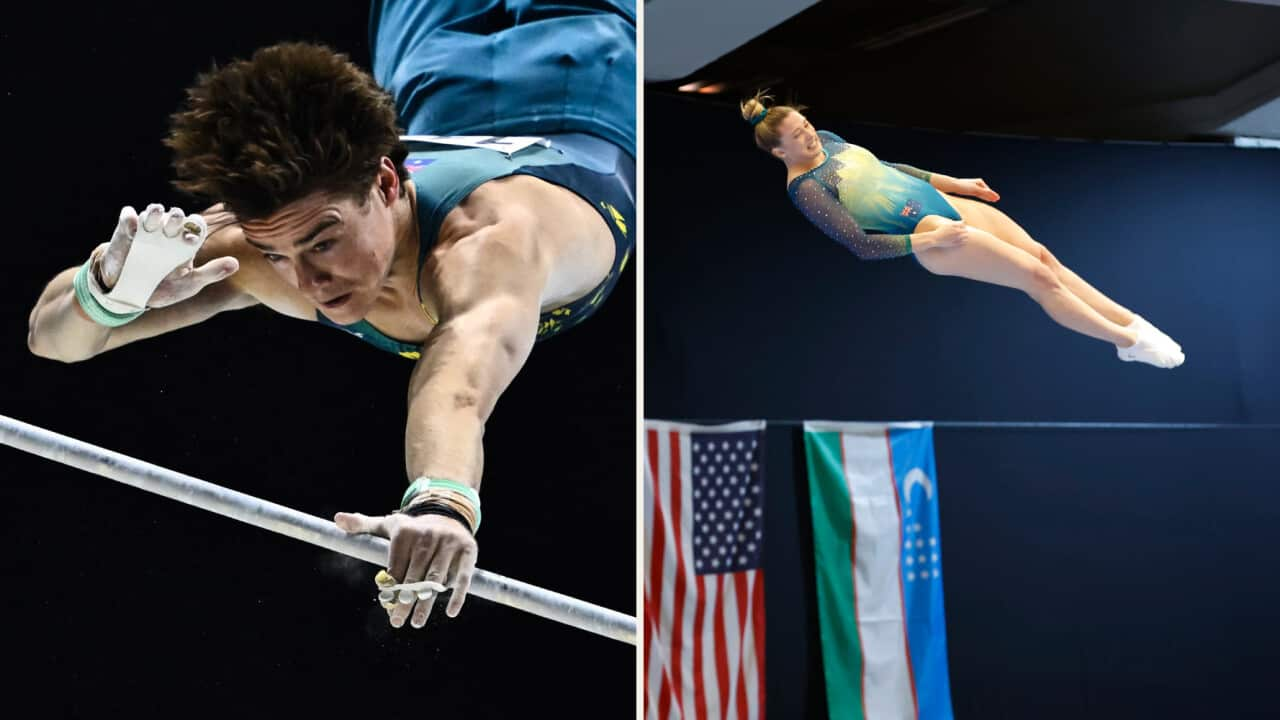Buenos Aires giant River Plate won its third Copa Libertadores title earlier this month, beating Tigres of Mexico 3-0 on aggregate in the two-legged final. Some in Europe were gripped by the fact that this triumph came only four years after the club had been relegated to Argentina's second division. In reality, though, there is no need to be astonished. Such wild oscillations have become almost par for the course in the South American club game.
The previous winner of the Libertadores was another Buenos Airies side, San Lorenzo. It did not go down to the second division. But it came very close. In the middle of 2012 it was forced into a play-off to determine its first division survival. It won – and two years later it was champion of its continent.
The story is similar, albeit a little less dramatic, in the case of the previous two Libertadores champions, the Brazilian pair of Atletico Mineiro and Corinthians.
Atletico went down to Brazil's second division at the end of 2005. A year later it was back, and seven years after that it had its hands on the Libertadores. The trajectory of 2012 champion Corinthians is even closer to that of River Plate; relegated at the end of 2007, back at the end of 2008, South American champion in the middle of 2012.
It is a striking pattern – and it is one from which we can draw two conclusions.
The first is that it can be beneficial for big clubs to spend a year out of the top flight. When the club gets in trouble, being able to regroup in a less demanding environment can enable the team to re-acquire the habit of winning and pick up momentum, which is then carried on when they return to the first division. Relegation can also come as a reality check, forcing the club to focus on past errors, and leading to innovative solutions. Supporters of a certain age who follow Manchester United or Tottenham Hotspur may recall the positive effect on their development of those clubs of spending a year in the old English second division. Bouncing back at the first attempt was important, and winning promotion opened up a new era, one in which it was not so difficult to live in the shadow of the glory, glory years of the previous decade.
But – and here is the point – fans of those teams would need to be of a certain age to have a personal recollection of this process. Because in the modern era of European football, financial irregularities aside, it is increasingly unlikely that a major club would find itself in relegation danger.
The gap at the top level between European and South American club football has never been wider. The respective continental finals illustrate the point. The match between Barcelona and Juventus was a wonderful spectacle, full of fire and skill, fought out and played out between some of the greatest players from all over the world. River Plate's win over Tigres was, in comparison, a lamentable affair. The game had over 70 misplaced passes in the first half alone. The inability to construct a move and the speed with which the ball has given away made the game look something like ping-pong. Historically, River ais Argentina's aristocrat, its play sealed with a stylish flourish. The 2015 side had plenty of heart; but if there was fire, there was precious little skill.
The main reason for this, of course, is the exodus of talent. When River last won the title, in 1996, the team contained such names as Enzo Francescoli, Ariel Ortega, Juan Pablo Sorin, Hernan Crespo and Matias Almeyda – with current coach Marcelo Gallardo on the bench. These days it is all but unthinkable that a South American club could retain a squad of this depth of talent. Players are now sold all over the world – to the United States, to China, to the Middle East, and mainly, of course, in the case of the best of them, to Europe.
Contemporary European club football assembles a who's who of the world game.
This, of course, is the consequence of globalisation – and, as always, globalisation leads to concentration. And so the talent is concentrated in the hands of a small group of super-clubs.
The distances between clubs in these leagues get wider, and the consequence of this is predictability. One can glance around the major European leagues at the start of the season and have a pretty good idea of which, very few clubs are in contention for the title. The presence of so much quality, then, has led to predictability.
The South American club game, meanwhile, wrestles with the opposite problem. Quality is hard to find, even harder to keep. Title winning clubs pay a price for their success – it puts their best players in the shop window. And so the team breaks up, and a transitional period begins. In this continent, sustaining success is all but impossible.
And hence there is the absence of predictability. Instead, there is great fluidity, with giant clubs capable of being relegated and becoming continental champions within the course of less than half a decade.
And so we have reached a philosophical trade off. Which is preferable, the quality with predictability of the European club game, or the fluidity with mediocrity of the South American?
There is, of course, no right or wrong answer. For what it is worth, I had to work out my own response while watching River Plate win the Libertadores. As an admirer of the club's history of panache, it grieved me to watch the 2015 celebration of 'huevos' (a kind translation would be 'drive,' 'heart,' 'will to win') and I pined for the swish and the style of Barcelona v Juventus.










